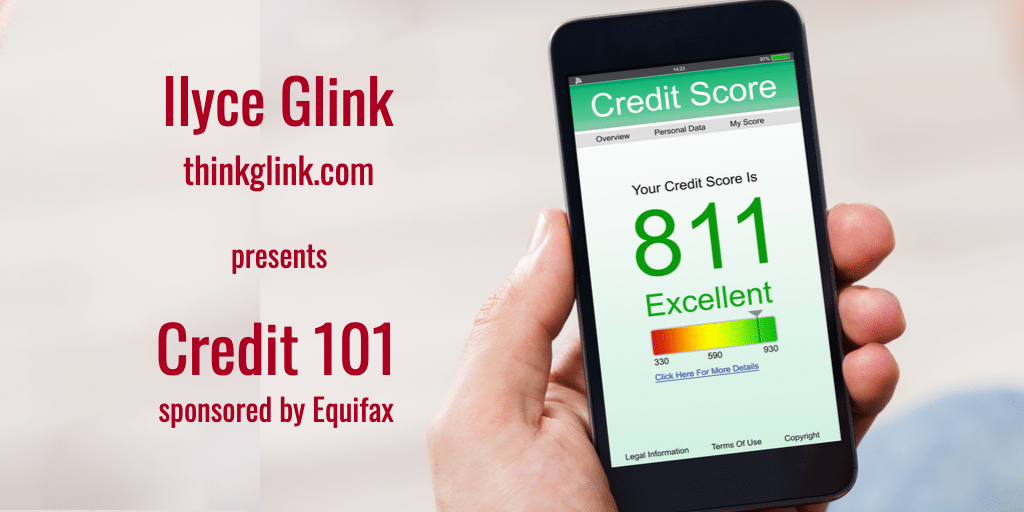How do you make a consumer complaint? How to file a complaint against a company and the top 10 most common consumer complaints.
Who do you complain to when the used car you bought breaks down as soon as you drive it off the lot? Or when the handyman you hired to work on your deck fails to complete the work? Or when a retailer sells you faulty merchandise?
Every year the Consumer Federation of America (CFA) surveys city, county and state consumer agencies across the country that receive a number of consumer complaints just like these to determine the most common, fastest-growing, worst, and newest problems. The top 10 consumer complaints in 2019 included issues such as false advertising, predatory lending, failure to deliver on online purchases and shoddy work.
Filing a consumer complaint might seem like a hassle, but it isn’t as difficult as it sounds and it’s an important step to take to potentially right the wrong and alert others to companies with unsavory business practices.
How Do You Make a Consumer Complaint?
According to the official guide to U.S. Government Information and Services, filing a consumer complaint breaks down into three basic steps:
- Gather your paperwork (receipts, contracts, warranties, order confirmations, emails, text messages) related to the purchase.
- Write, call and email starting with the local seller and then their corporate office or consumer affairs department (you can find a sample complaint letter here). Then file a complaint with your local consumer protection office and notify the Better Business Bureau (BBB). Report scams and fraud to federal agencies, they might not resolve your problem but they do use consumer complaints to help investigate fraud. If you’re complaining about items you bought online outside of the U.S. you should also contact econsumer.gov.
- Seek legal action or try an alternative dispute resolution like arbitration, conciliation or mediation.
“Many complaints can be resolved through mediation, and some consumer agencies can also take formal legal action when that is warranted,” said Susan Grant, CFA Director of Consumer Protection and Privacy. “But when it comes to fraud, prevention is the key since the money and the culprits often disappear without a trace.”
Top 10 Most Common Consumer Complaints
According to the CFA, these are the top 10 consumer complaints most frequently cited as the top problems reported to state and local consumer agencies:
- Auto: Misrepresentations in advertising or sales of new and used cars, deceptive financing practices, defective vehicles, faulty repairs, car leasing and rentals, towing disputes.
- Home Improvement/Construction: Shoddy work, failure to start or complete the job, failure to have required licensing or registration.
- Retail Sales: False advertising and other deceptive practices, defective merchandise, problems with rebates, coupons, gift cards and gift certificates, failure to deliver.
- Landlord/Tenant: Unhealthy or unsafe conditions, failure to make repairs or provide promised amenities, deposit and rent disputes, illegal eviction tactics.
- Credit/Debt: Billing and fee disputes, mortgage problems, credit repair and debt relief services, predatory lending, illegal or abusive debt collection tactics.
- (Tie) Communications: Misleading offers, installation issues, service problems, billing disputes with telephone and internet services; Services: Misrepresentations, shoddy work, failure to have required licensing or registration, nonperformance.
- Health Products/Services: Misleading claims, unlicensed practitioners, failure to deliver, billing issues.
- Utilities: Complaints about gas, electric, water and cable billing and service.
- (Tie) Fraud: Bogus sweepstakes and lotteries, work-at-home schemes, grant offers, fake check scams, imposter scams and other common frauds; Household Goods: Misrepresentations, failure to deliver, repairs issues in connection with furniture and major appliances.
- Internet Sales: Misrepresentations or other deceptive practices, failure to deliver online purchases.
The CFA expects the top 10 consumer complaints to look a bit different next year when they release the results from 2020. Scammers have been eager to take advantage of consumers during the COVID-19 pandemic with elaborate schemes like selling them bogus COVID-19 remedies, attempting to steal stimulus checks they’ve received from the CARES Act and seeking donations for charities that don’t exist.
More on Topics Related to How Do You Make a Consumer Complaint?
COVID-19 Scams: What to Look for in a COVID-19 Scam
I Think I’m a Victim of a Scam. Now What?
How to Avoid Life Insurance Scams
Watch Out for These Four Health Insurance Scams
Top Five Scams That Target Retirees








Leave A Comment